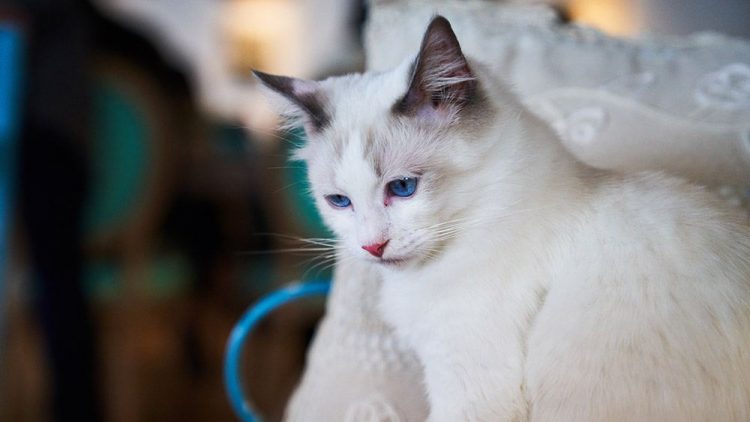The popularity of vitamins and minerals has continued to boom in the human supplement market, and we’ve noticed that the trend is starting to take off amongst cat owners. There’s a supplement for every complaint humans have these days, and the market for cat supplements is getting to a similar place.
Some common cat supplements
The question on many cat owners’ lips is; does my cat really need supplements? Let’s take a look at the types of supplements cat owners commonly incorporate into their cats’ diets and the benefits that each provides.
Taurine
There’s no longer a debate on this. Taurine is necessary in a cat’s diet. A lack of taurine has shown to cause serious eye diseases and even heart diseases to develop.
The good news is that food manufacturers know this, and taurine is almost certainly present in any respected cat food.
So why are supplements even necessary?
Well, taurine is only present naturally in muscle meat. Many poor quality cat foods are bloated with cereals and other grains that leave your cat with less taurine than they would get in the wild, and this can lead to the aforementioned issues.
Despite this, it’s definitely advisable that you move to a better cat food rather than continue on the same course but with taurine supplements. Supplements should be reserved for things that are super awkward to get into your cat’s daily diet otherwise, taurine just isn’t one of them.
Probiotics
Just as with humans priobiotics, probiotics for cats are a fantastic way to restore and retain a healthy balance of good gut bacteria, leading to an improved immune system response and better digestive health. This is especially important if your cat has recently recovered from a worm infestation.
Better digestive health means less risk of vomiting, diarrhea or loss of appetite, problems that commonly occur when a cat’s diet is changed.
There are plenty of qualified veterinarians advocating the inclusion of probiotic supplements to a cat’s diet, so these types of supplements are a pretty safe bet.
Fish oil
Fish oil supplements contain essential fatty acids called EPA and DCA. You might hear of them more commonly referred to as Omega-3 acids.
Cats have a naturally poor ability to synthesize these fatty acids themselves, and it’s unlikely that dry food will contain sufficient quantities to see any benefits.
So what does Fish oil actually do? In a nutshell, fish oil promotes healthier skin, coat health, joint health, hear health, and even boosts the effectiveness of your cat’s immune system. That’s quite a lot of benefits for a tiny supplement.
EPA can reduce inflammation, leading to a reduction in symptoms of arthritis in older cats. DHA promotes eye development in kittens and healthy brain function in cats of all ages.
Dinovite
Dinovite is a popular food supplement that brings together all the healthy benefits that some cat foods fail to offer themselves. While it’s suitable for any cats, it tends to be used by owners who’s cats are fussy eaters and refuse to transition to a healthier food. You simply mix in dinovite with your current food and sleep easily knowing your cat is getting the full range of nutrients required.
There are too many individual benefits and ingredients for us to discuss here, but suffice to say that they’ve built a brand on having pretty much every angle covered.
Lysine
Lysine supplements have been used in the past to help combat herpesvirus infections in cats. Most cats will be exposed to the virus at some point, and it’s symptoms closely resemble that of a cold in humans.
The difference is that once exposed, it never truly leaves your cat’s system. It spends the most part remaining dormant, but occasional flare ups can manifest in several flu-like symptoms.
This has led owners to turn to Lysine to help relieve symptoms or even prevent the initial infection. Despite tests having been carried out on the efficacy of Lysine in preventing feline herpesvirus, there remains no evidence to suggest that it helps at all.
Did you find this article helpful?
